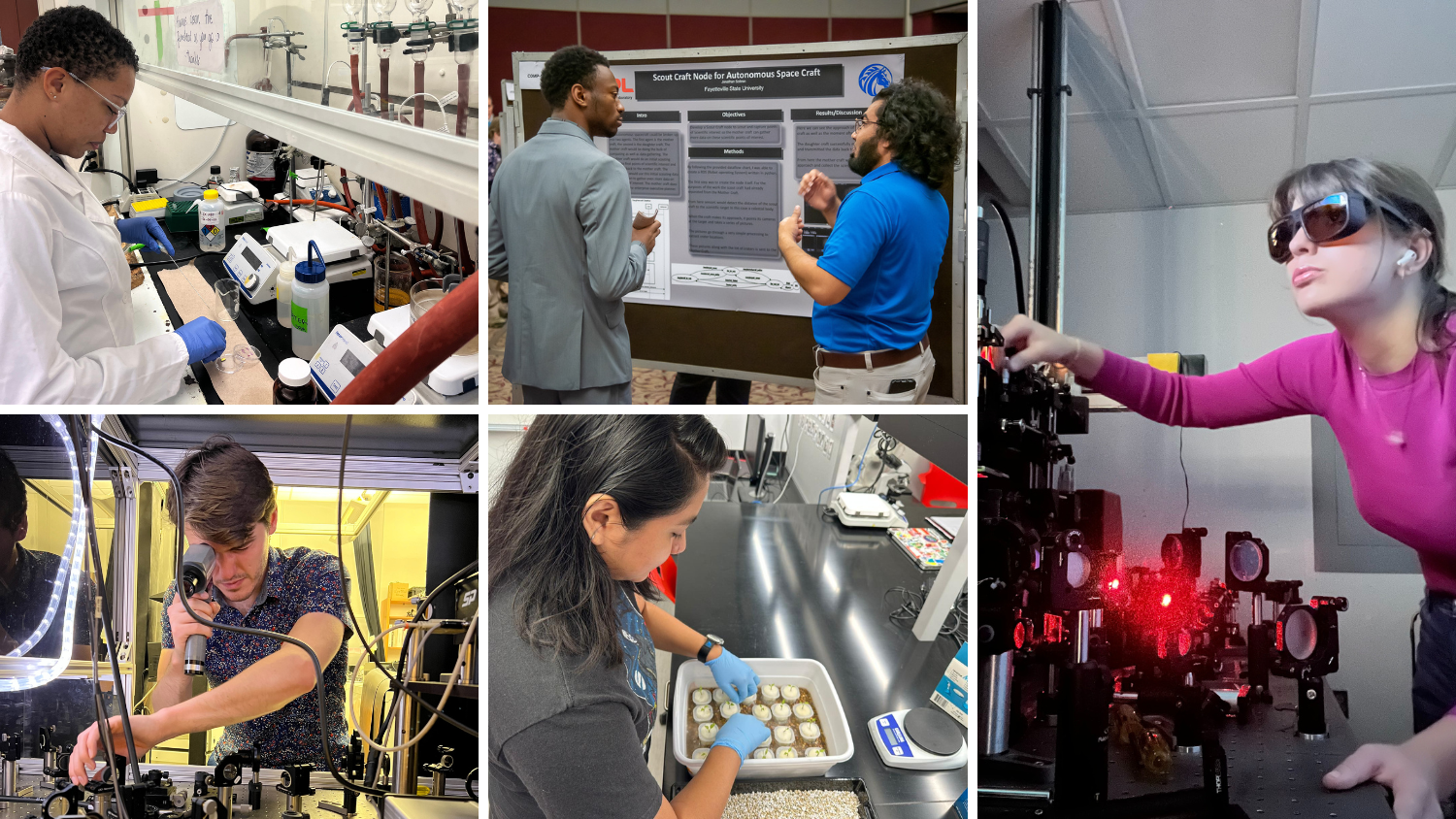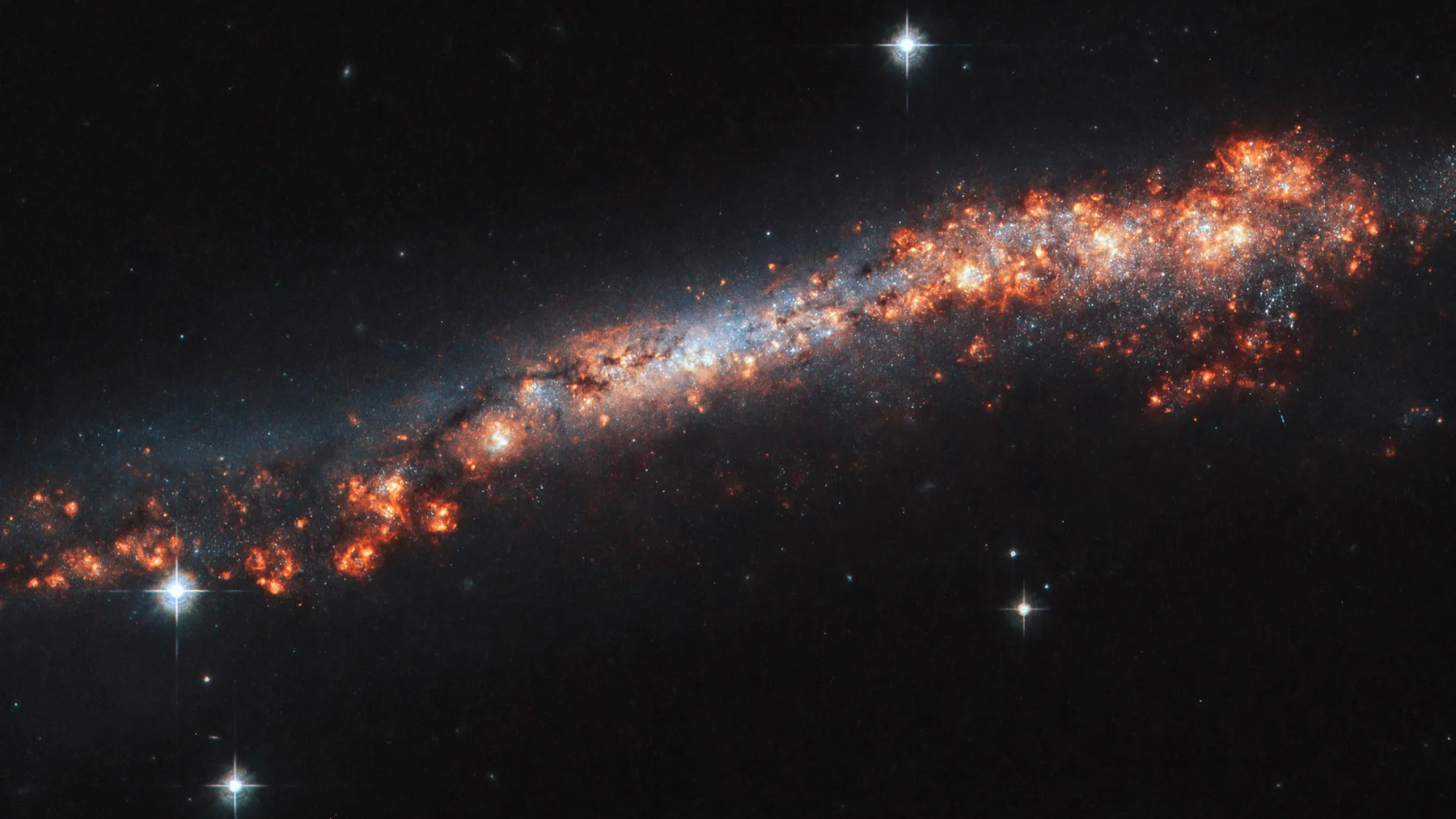NC Space Grant Selects Recipients of 2023-2024 Team Experience and Competition Award
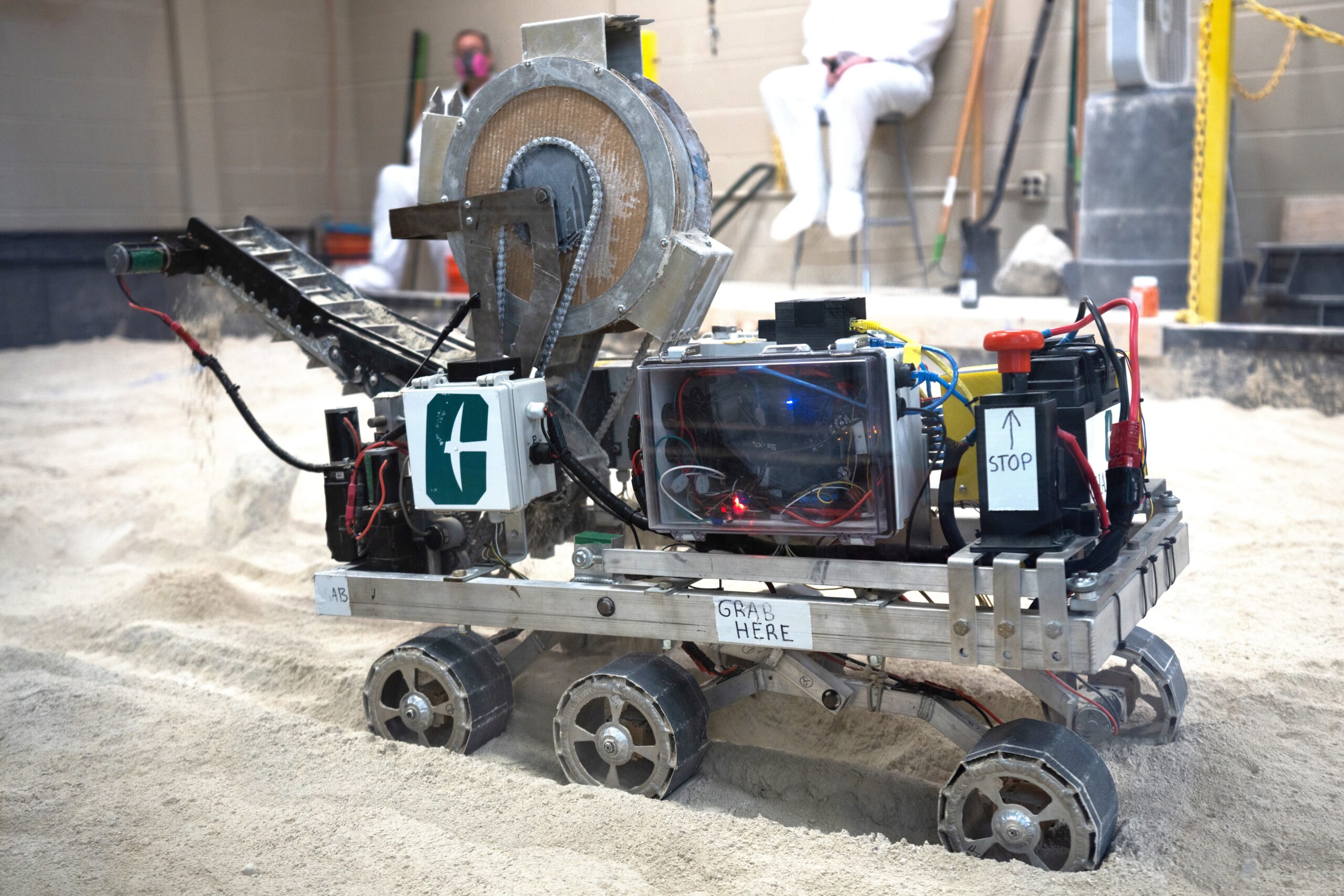
North Carolina Space Grant congratulates recipients of this year’s Team Experience and Competition Grant award. These teams will participate in national competitions that are sponsored or sanctioned by NASA or other science, technology, engineering and math (STEM) related organizations. To participate in these esteemed competitions, teams use interdisciplinary skills to conduct detailed research in designing safe and efficient STEM projects, such as rockets, robots and rovers.
“By being involved in national competitions, students not only gain technical STEM skills but they also enhance other professional skills, such as project management and teamwork — skills that NASA and other employers are looking for in their workforce,” notes Sandy Canfield, assistant director of NC Space Grant.
“By competing, team members also learn to work toward deadlines under pressure, which mirrors the real world,” she adds.
Team members also receive distinguished opportunities to network and engage with STEM professionals, while also contributing to NASA research and developing mission-critical solutions. Competitions often support at least one out of the five NASA Mission Directorates, or areas of focus: Aeronautics, Exploration Systems, Science, Space Operations and Space Technology.
To the Moon
NC Space Grant is supporting five teams participating in Artemis Student Challenges, which promote and contribute to NASA’s mission to land the first woman and person of color on the moon.
UNC Charlotte 49er Miners, UNC Asheville Lunabotics, UNC Charlotte 49er Rocketry Team, NC State High-Powered Rocketry Team and Campbell University Human Exploration Rover Team are participating in the following mission-related challenges: NASA’s Lunabotics Challenge, Student Launch Challenge, and Human Exploration Rover Challenge.
New Additions
This year, North Carolina Agricultural and Technical State University’s (NC A&T) Space Exo-ploration team is a new recipient of the Team Experience and Competition Grant. Space Exo-ploration will compete in the Design by Biomedical Undergraduate Teams (DEBUT) Challenge, which asks undergraduates to develop technology solutions to unmet needs in any area of healthcare.
Space Exo-ploration will develop a multi-purpose device to study cell interactions in ecosystems simulating microgravity. They want to better understand gene mechanisms responsible for microgravity adaptation and the effects of radiation and other space exposure. Using this knowledge, the team also plans to study gaps in diseases on earth, such as cancer, meeting both space exploration and healthcare needs.
Congratulations to the 2023-2024 grant recipients:
Campbell University Human Exploration Rover Team, competing in the NASA Human Exploration Rover Challenge (HERC), faculty advisor: Lee Rynearson
The Campbell University Human Exploration Rover Team will develop, test and deploy a competition-ready rover. This year’s design will be weight-efficient, while also adding all-wheel drive and superior ergonomic features. Since first competing in 2019, the team has grown and intends to further expand this year through a new Mission Control Board and mentorship program.
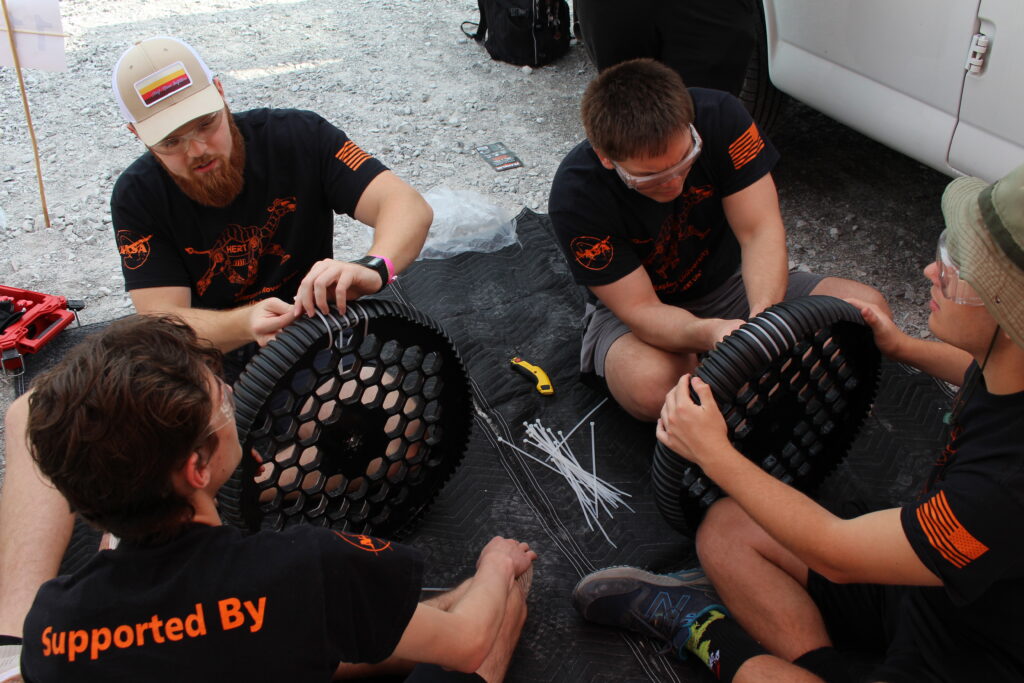
Lenoir-Rhyne University Rocket Team, competing in the Spaceport America Cup, faculty advisor: Doug Knight
The Lenoir-Rhyne University Rocket Team will design, build and safely fly a high-power rocket with a minimum four kilogram payload to a target altitude of 10,000 feet. This year’s design will include a cooling payload system to keep electronics cool to survive launch and recovery.
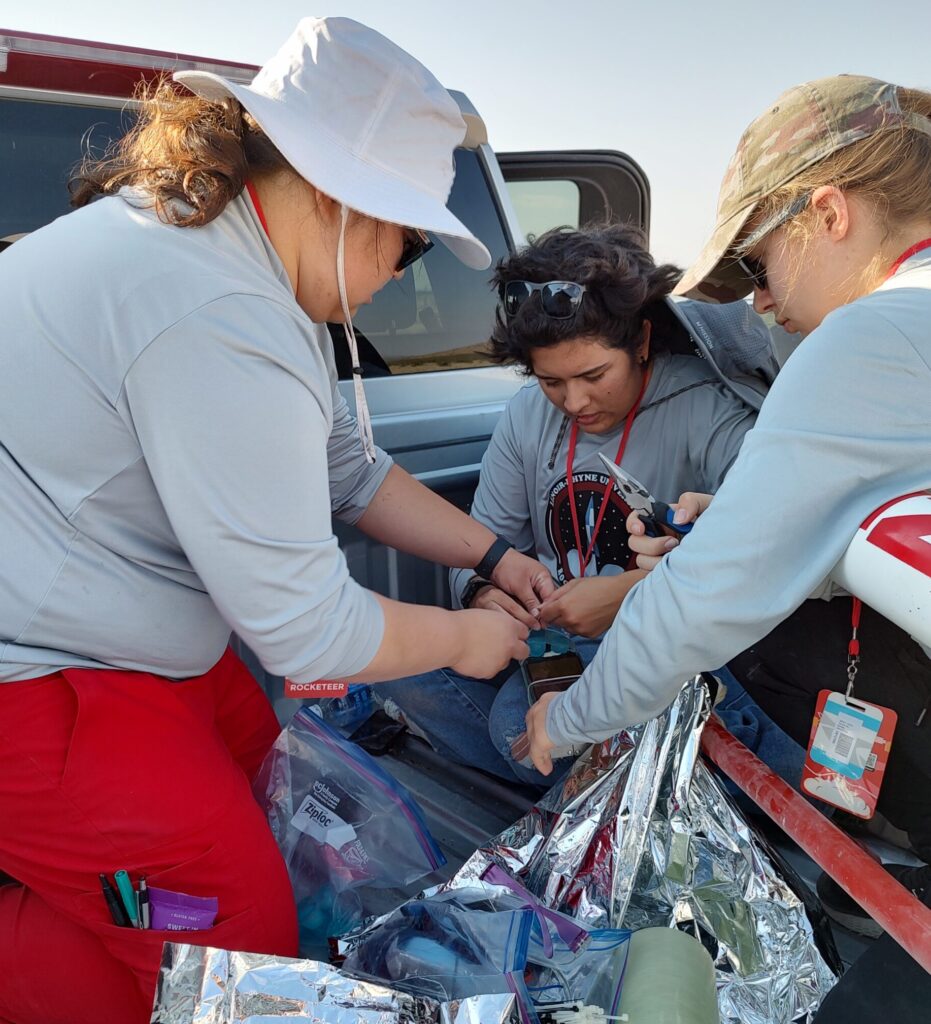
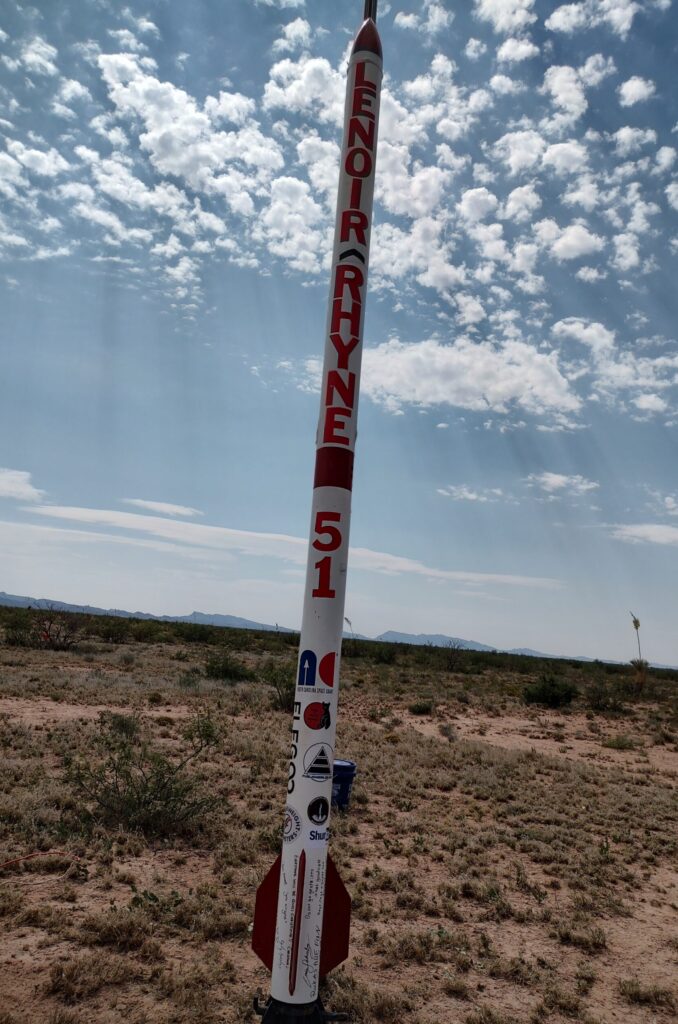
North Carolina Agricultural and Technical State University Space Exo-ploration team, competing in the Design by Biomedical Undergraduate Teams (DEBUT) Challenge, faculty advisor: Kristen Dellinger
The specific aims of the Space Exo-ploration team are to 1) construct an ambient ecosystem to evaluate the impact of simulated microgravity on a brain tumor known as glioblastoma multiforme and its progression and 2) fabricate a biocompatible, high aspect-ratio vessel to simulate microgravity in blood/brain barrier co-cultures and organoids.
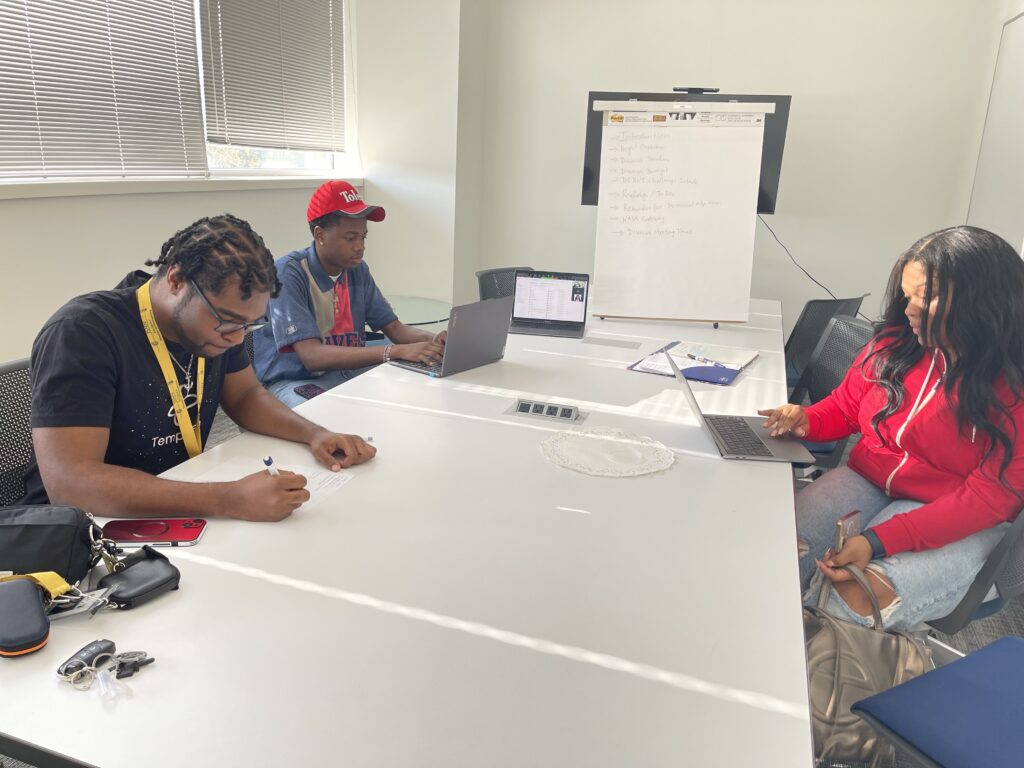
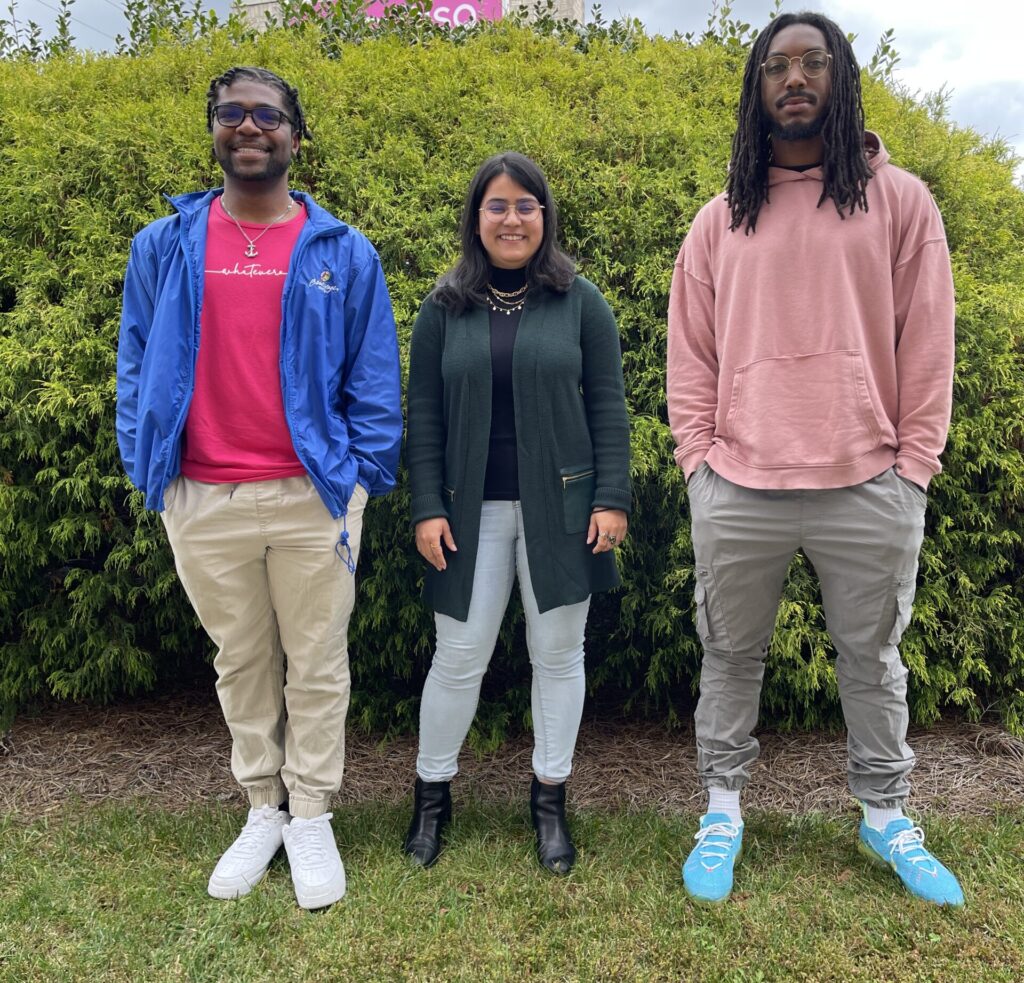
NC State University’s Wolfeye team, competing in the American Institute of Aeronautics and Astronautics (AIAA) Design-Build-Fly challenge, faculty advisor: Jack Edwards
The Wolfeye team will design, build and fly a remote-controlled, fixed-wing unmanned aerial vehicle (UAV). This year’s mission focuses on urban air mobility, specifically for medical and passenger transport. Mentorship is an important component of the team’s success; it not only fosters leadership skills of senior members but supports the development of future engineers on the team.
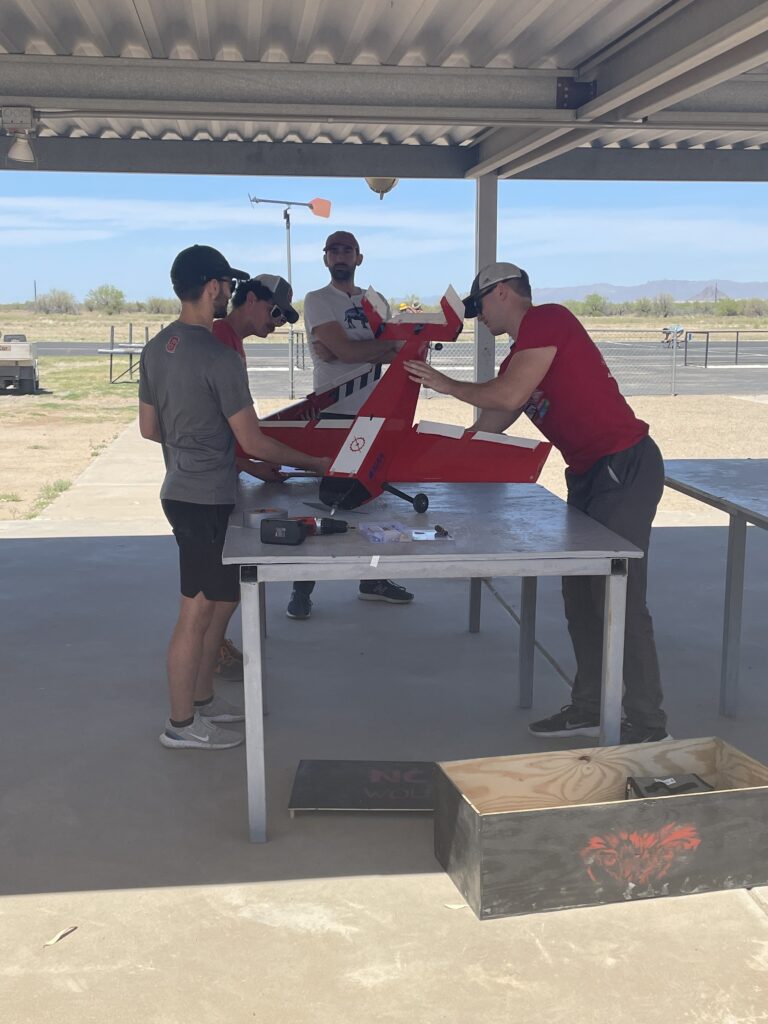
NC State University High-Powered Rocketry Club, competing in the NASA Student Launch Challenge, faculty advisor: Felix Ewere
The High-Powered Rocketry Club aims to complete construction on two separate vehicles by the end of the competition: a full-scale vehicle to launch at the competition, and an aerodynamically similar, subscale vehicle for testing and demonstration. In addition, the team will reach out to area schools to expose students to the engineering design cycle and STEM principles. They plan to use water-bottle rockets to demonstrate how propulsion works.
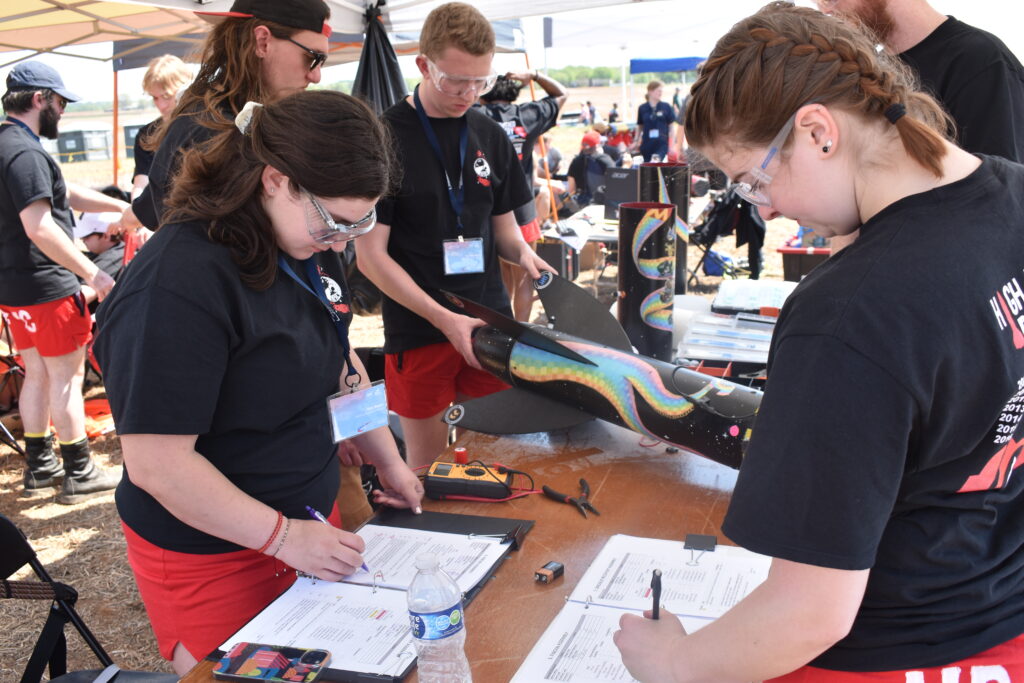
NC State University Aerial Robotics Club, competing in the Student Unmanned Aerial Systems (SUAS) Competition, faculty advisor: Felix Ewere
The club’s primary research and competition aircraft is a fixed-wing airplane capable of carrying a large payload while remaining light, compact and maneuverable. For the competition, the team will demonstrate autonomous flight and execution of a mission to deploy multiple packages, image recognition, obstacle avoidance and object detection. The team also is excited to continue attending outreach events to educate students of all ages interested in STEM and unmanned aerial systems.
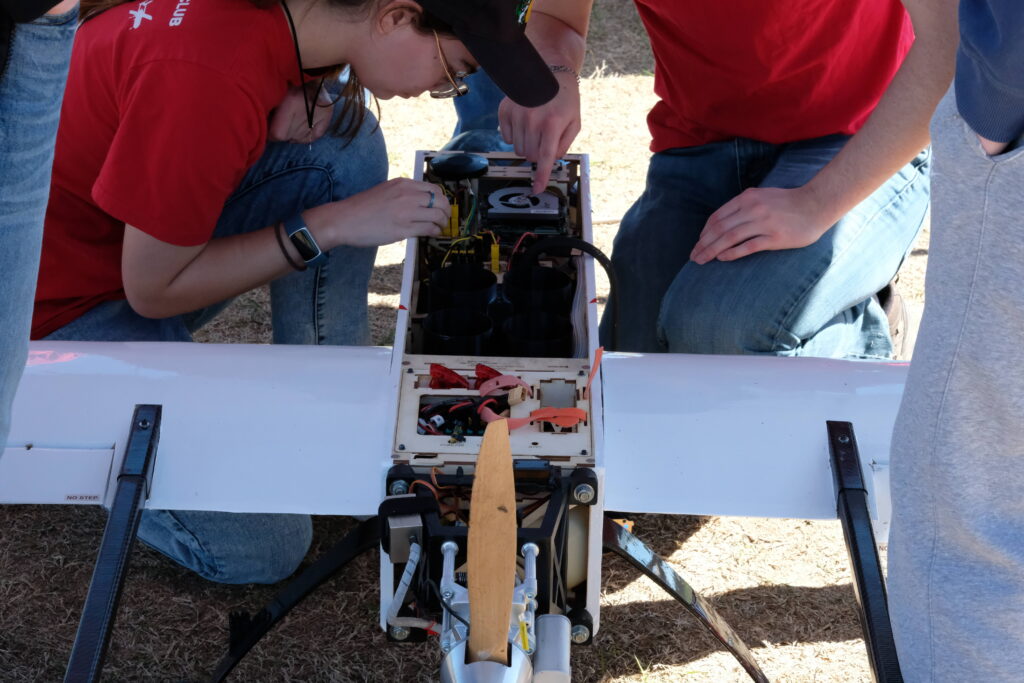
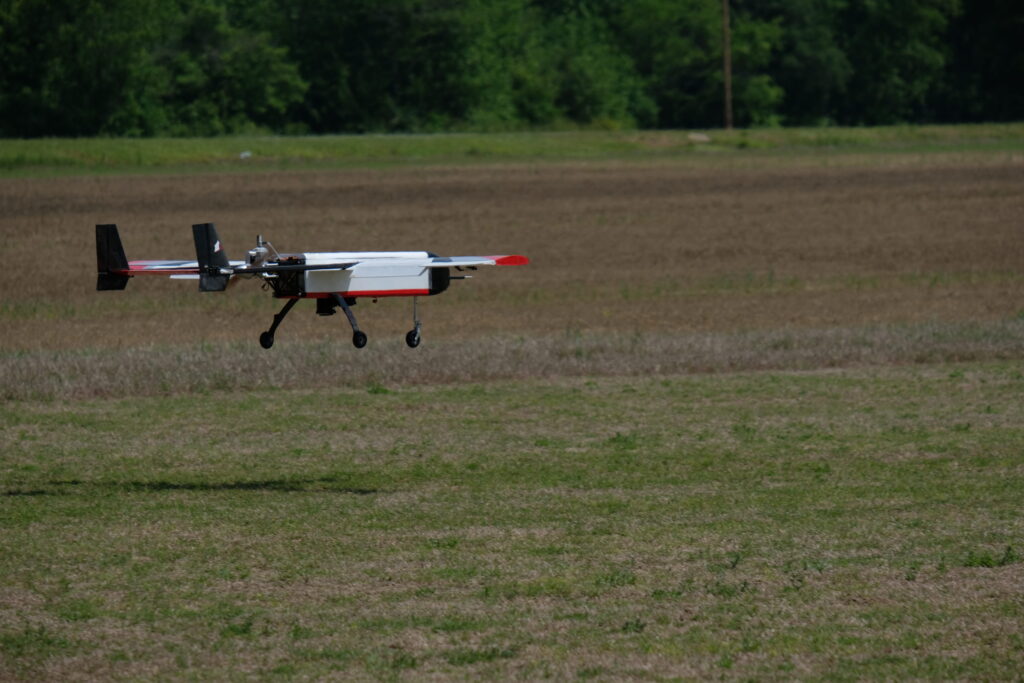
UNC Asheville Lunabotics (in partnership with NC State University), competing in the NASA Lunabotics Challenge, faculty advisor: David Ramsey
Asheville Lunabotics will design and construct a robot capable of excavating simulated lunar materials (regolith) and depositing these materials in a prescribed location to construct a berm, or raised barrier. This experience will teach students useful lessons about teamwork, systems engineering and project management. Several team members are part of a senior design course, however with an eye to team continuity, Asheville Lunabotics is seeking to expand and recruit new members, notably those with computer science backgrounds.
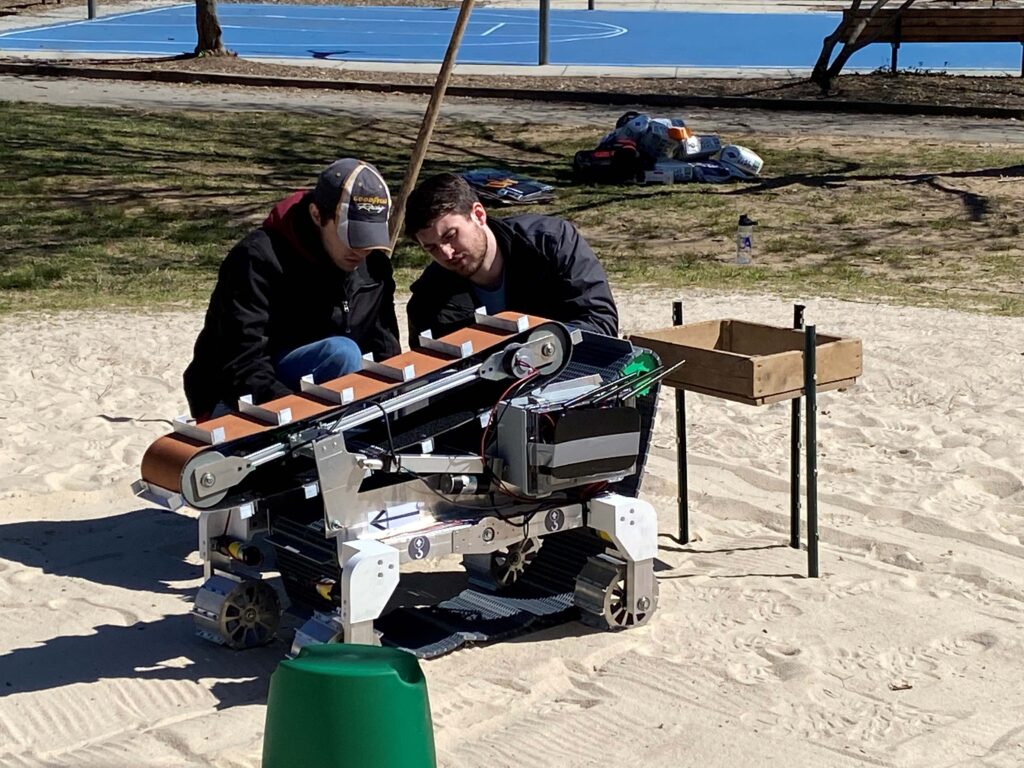
UNC Charlotte 49er Miners, competing in the NASA Lunabotics Challenge, faculty advisor: Browne Aiden
As a more experienced competition team, the 49er Miners will develop designs to upgrade their previous competition rover with improved subsystems, such as new autonomy algorithms and a suite of sensors to enhance the navigation system. In addition to gaining experience with the NASA Systems Engineering process, team members will benefit from project management and systems-level thinking, which are important skills as they enter the workforce or graduate studies.
UNC Charlotte 49er Rocketry Team, competing in the NASA Student Launch Challenge, faculty advisor: Arun Vishnu Suresh Babu
In past competitions, the 49er Rocketry Team has achieved impressive results. This year, the team is exploring design options to deploy, in air, a payload for human astronaut survivability. The team also will conduct outreach events in the Charlotte area with STEM activities such as straw rockets, small astronaut landers and bottle rockets to engage with aspiring future scientists, noting that training the next generation of scientists and engineers is critical to the team.
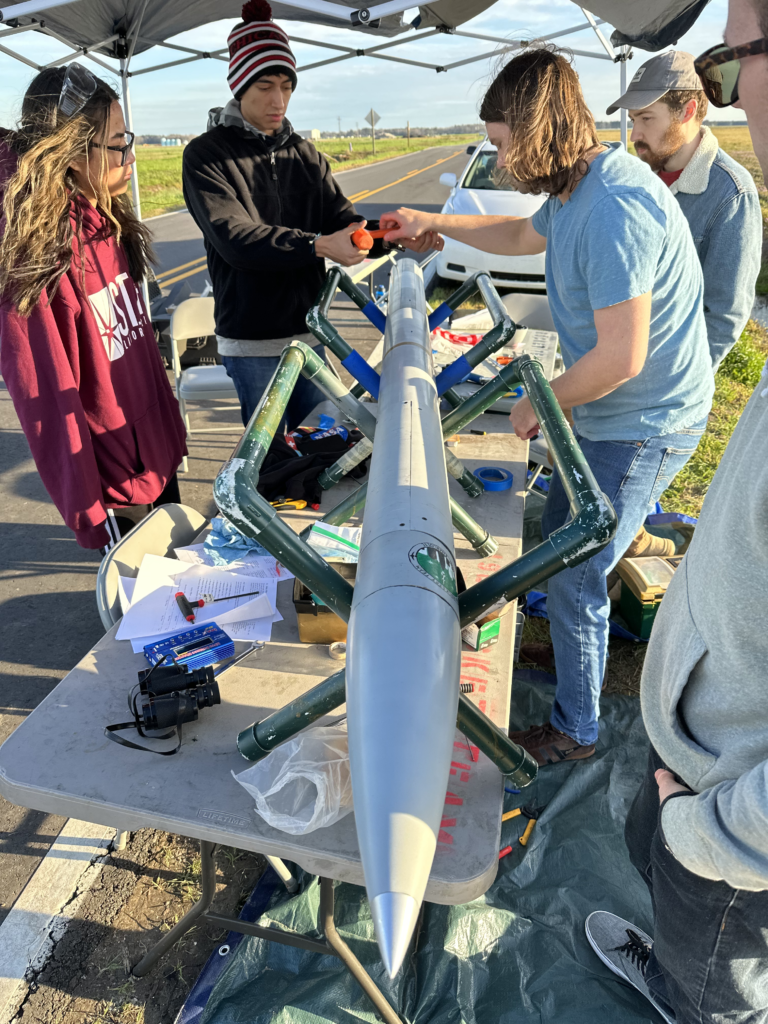
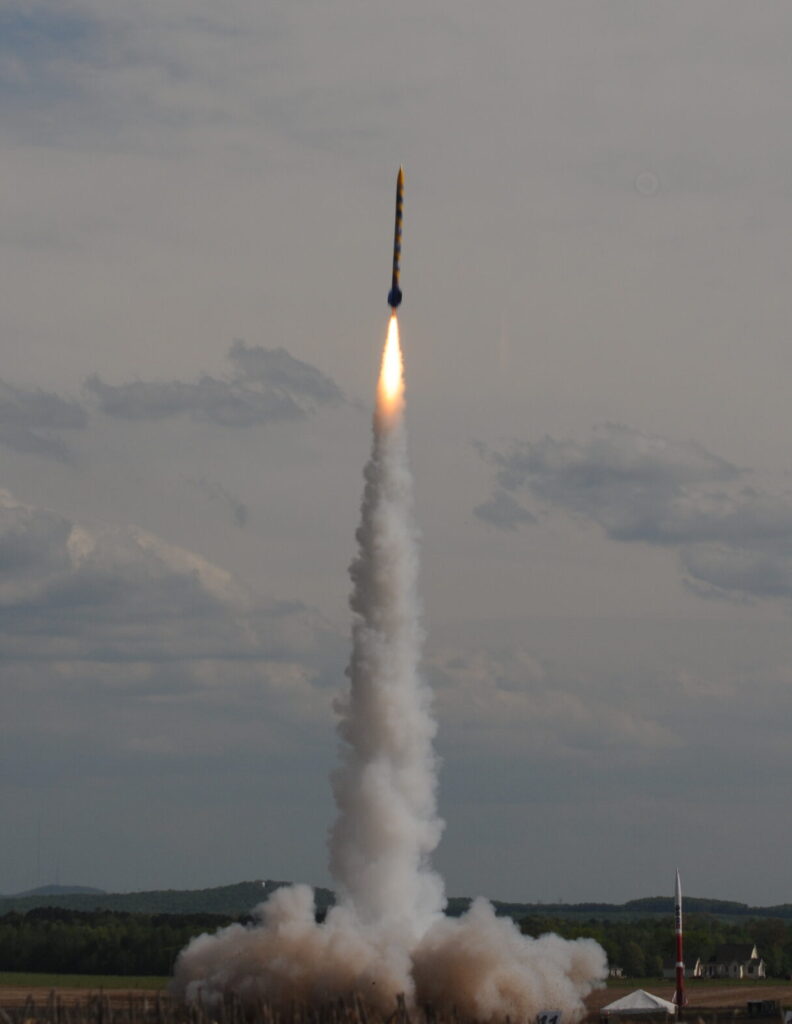
Many of these teams have previously participated in competitions and are returning to build upon their successes. Read about last year’s Team Experience and Competition Grant recipients and how they performed in national NASA- and STEM-related challenges:
☽
- Categories:
